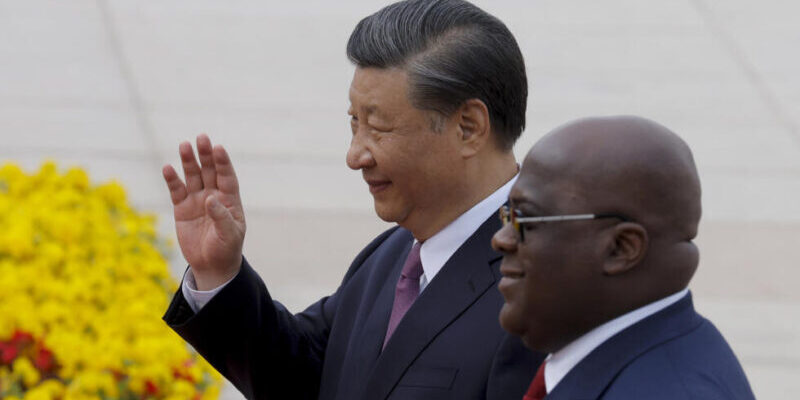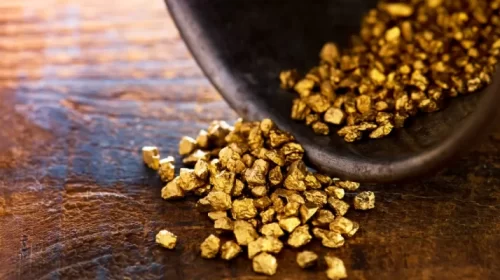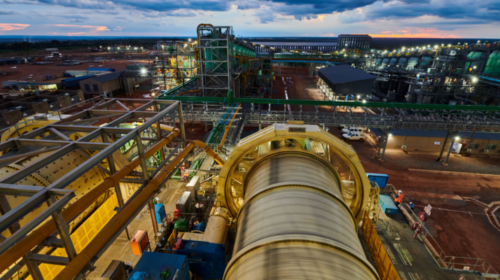DRC Strengthens Sino-African Cooperation to Boost Economic Diversification and Growth
The Democratic Republic of Congo (DRC) is working to deepen its trade partnership with China, following commitments made at the 2024 Forum on China-Africa Cooperation (FOCAC).
On Monday, September 9, President Félix Tshisekedi briefed government officials on the outcomes of his recent mission to China.
During the visit, China reaffirmed its commitment to Africa’s development, pledging $50 billion over the next three years to support infrastructure, agriculture, and green energy projects across the continent.
President Tshisekedi views this pledge as a “tremendous opportunity” for the DRC to secure a significant portion of the funding for its priority sectors.
To maximize the benefits of this partnership, he announced the creation of a Task Force, directly supervised by his office. The team includes Deputy Prime Minister Jean Pierre Bemba, the Minister of Transport, and the Minister of Foreign Trade.
Their mandate is to identify and develop concrete projects that will boost key sectors, such as agriculture, infrastructure, industry, and the energy transition.
China is already the DRC’s most important trading partner, with around 50% of Congolese exports, primarily mining products, destined for China in 2023.
The DRC holds 60-70% of the world’s cobalt reserves, a critical mineral used in electric vehicle batteries and smartphones, with 90% of the country’s copper and cobalt exports shipped to China.
In 2023, China imported $18.7 billion worth of goods from the DRC, creating a trade surplus of $14.2 billion in favor of the country.
This surplus is largely driven by the export of the DRC’s mineral wealth, positioning China as a key driver of Congolese economic growth.
At the same time, Chinese exports to the DRC have surged. Between 2017 and 2022, China’s exports to the DRC grew at an annual average rate of 36.7%, reaching $5 billion in 2022. In 2023, China’s exports to the DRC amounted to $4.5 billion.
While the DRC’s cooperation with China has historically focused on mining, President Tshisekedi aims to diversify the country’s economy.
With 80 million hectares of arable land, the DRC holds significant potential for agricultural development, an underutilized resource that could drive future growth.
Through Sino-African cooperation, Tshisekedi plans to develop this sector alongside strengthening infrastructure and green energy initiatives.
With a population of 100 million and access to a regional market of 250 million consumers via its nine neighboring countries, the DRC is well-positioned to become a key player in inter-African and global trade.
President Tshisekedi is determined to ensure that the DRC fully capitalizes on its resources and Chinese investments while building a sustainable trade relationship.
The Task Force is a strategic initiative to move the DRC beyond raw material exports, focusing on developing the country’s industrial and agricultural capacities to foster greater economic autonomy and long-term growth.
80 total views , 2 views today





